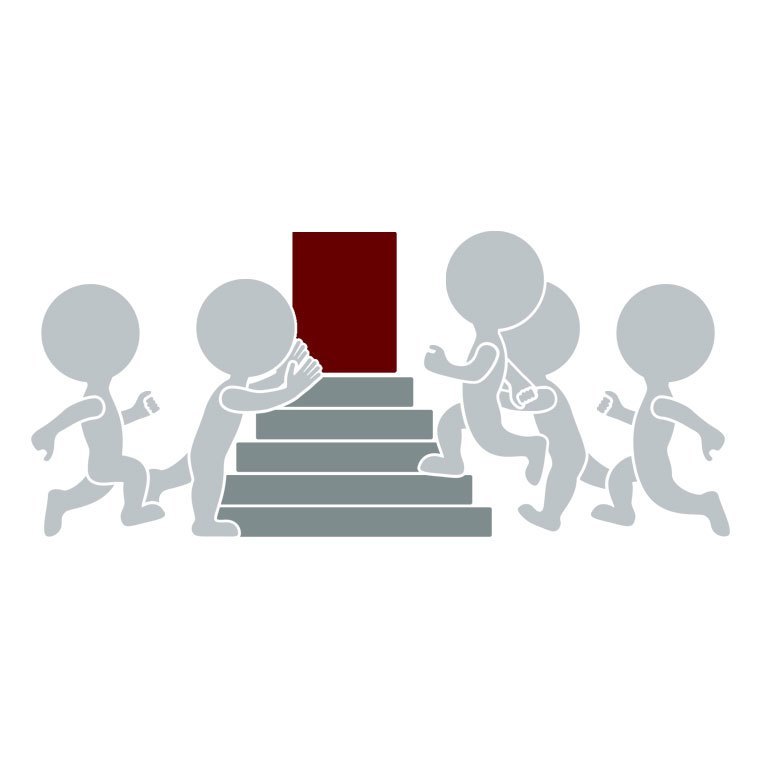Undoubtedly, Google products and services are a wonderful asset to any nonprofit performing arts professional. Each year, they seem to add some new app that makes us wonder how we ever got along without it. Likewise, upgrades and enhancements to current offerings make good apps even better but there are two Google related items that should be on every arts manager’s radar…
GOOGLE ME

There are a number of rumors growing about Google’s plans to launch a social networking site designed to be a Facebook-killer. It’s no secret that there’s a growing amount of frustration with Facebook and that discontent is serving as the groundwork for real competition.
Dubbed “Google Me” the project could put a serious cramp in Facebook’s market share and require nonprofits to develop content to reach users within that market. Reportedly, Google has launched a usability study for the project and is even paying participants.
What you need to do about it: Fortunately, not much at this point. But you need to keep track of online news and keep some time tucked away in your 2010/11 planning calendar to develop and launch Google Me oriented content if they decide to launch the service.
GOOGLE SUGGEST
For those unfamiliar, this is Google’s auto-suggest feature that functions while you type in search terms. Google describes the feature like so:
Google Suggest offers searches by other users that are similar to the one you’re typing. Start to type [ new york ] — even just [ new y ] — and you’ll be able to pick searches for New York City, New York Times, and New York University (to name just a few). Type some more, and you may see a link straight to the site you’re looking for — all from the search box. To pick a search query, just click it.
All in all, it’s really useful but it can be a bit of a double edged sword. For example, no one outside of Google really knows how the auto-generated search terms are formed but current thinking suggests that the results come from a variety of sources. If it follows suit to Google’s other services, the suggestions are based on content at other sites, content frequency, and content from news and blog outlets.
The unpleasant edge of the sword comes into play when content from those other sources becomes predominantly negative. This means that if someone starts typing in [Your Ensemble Name] it might be followed by negative terms like “trouble,” “discord,” “problems,” “broke,” etc. Of course, some of these terms might be appearing regularly in music critic reviews (hopefully not). But prolonged labor disputes or periods of extended financial distress have the potential to ruin an otherwise perfectly good day for more than a few PR professionals because no matter how hard they try to make a bad story go away, Google Suggest robotically keeps it on a search user’s mind.
What you need to do about it: First, keep an eye on what Google Suggest is producing for your group. Try several combinations – even look for negative terms – and if nothing worrisome pops up, you’re good to go. Second, if you’re involved in a labor dispute or some other situation that typically generates negative press, make sure you remove all material from institutional websites containing negative language. Even better, I published a best practice style step by step guide for this process, available here.
Lastly, think preemptively and build as much positive press as possible. Don’t go so far as building dummy sites to spew out PR puff (although plenty of businesses do that, this field should have higher standards) but don’t be a social media troglodyte. Don’t be overly defensive when encountering negative content; instead, engage the authors and build a relationship with them (more step by step best practice advice on how to do that here). You won’t win every battle but you will win some.



Thanks for the Google tips – I hadn’t thought about the Search implications before. More info on how Google Search determines the results here:
“Google Suggest returns search queries based on other users’ search activities.”
http://www.google.com/support/websearch/bin/answer.py?hl=en&answer=106230
Thanks for the additional pointer Dale. If nothing else, it’s certainly something groups will want to monitor on a regular basis.
I utilize Google Alerts for all of our search terms. It’s found obituaries musicians/former board members/donors, blog posts from tourists and facebook pages. Pretty helpful monitoring tool and like the wonderland that is Google…free. You can set it up to receive daily/weekly/monthly or quarterly. If there’s nothing, you won’t receive an email – but if something major goes down in cyberland you know about it within minutes.